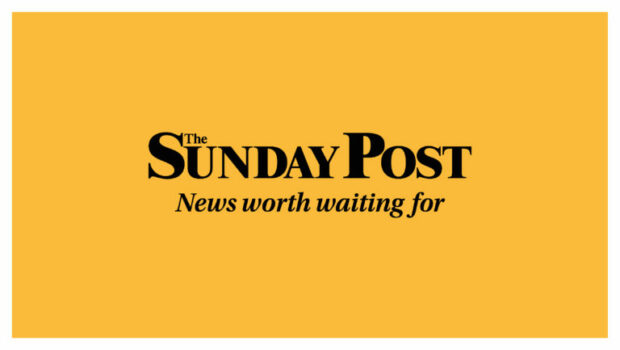
Johann Lamont is a woman of capability and substance and she was a party leader of principle, unafraid to speak uncomfortable truths to political friends and foes alike.
Possibly that was one of the many reasons she chucked it after the then-leader of Scottish Labour was savaged for questioning the need and benefit of giving so many Scots something for nothing.
From prescriptions to education, were universal benefits morally right in the real world of limited resource, she simply asked. When so much needs done, so many need help and support, is it right, Lamont wondered, to spend money helping people who can better afford to help themselves. Is universalism, lovely in theory, in reality a benefit for the middle classes?
Lamont, despite being howled down from all sides, certainly thought so and she was right then and is right now.
Of course, we like getting stuff for free but for every swing there is a roundabout, for every ladder, a snake; for every free prescription to a have, possibly a little less spent on a have-not.
Then there’s education. A few days after another set of exam results revealed, to the surprise of precisely no one, the attainment gap widening. The lucky pupils, mostly from our better-off postcodes, heading off to university will not be expected to pay a penny for their further education.
Terrific, as far as it goes, but that’s not far when, as we report today, our universities are loading up lecture halls with fee-paying foreign students and capable young Scots fear being locked out of their preferred courses. Another ladder, another snake.
Rocks will melt in the sun, Alex Salmond famously insisted, before young Scots lose the right to a free education. Well, it’s certainly been hot enough but he’s still probably right. Offering universal benefits unavailable in England might make some of us believe we live in a fairer, more equal country but, on the other hand, it’s also really nice to get free stuff.
Voters want to keep what they have and no politician would countenance taking away benefits enjoyed by all or even raise it as an issue, not when Lamont got such absolute pelters for even suggesting it might be worth talking about.
However, these are big questions demanding proper scrutiny and then some hard choices. The kind of thing that, if the SNP is serious about addressing persistent questions about the public finances of an independent Scotland, must be discussed, the sums calculated and the benefits explained. Fat chance.
Like the future of our broken NHS – which seems to slipping from disaster to catastrophe day by day as our governments continue a summer of garden parties and beach breaks – universal benefit needs a grown-up debate by grown-up politicians ready to empty their pockets of cliché and soundbite and work across party lines to tackle the biggest, most significant issues facing our country today and tomorrow.
We won’t hold our breath. The debate will never happen, the decisions will never be taken and we will wander into the future while stuck somewhere far in the past.

Enjoy the convenience of having The Sunday Post delivered as a digital ePaper straight to your smartphone, tablet or computer.
Subscribe for only £5.49 a month and enjoy all the benefits of the printed paper as a digital replica.
Subscribe